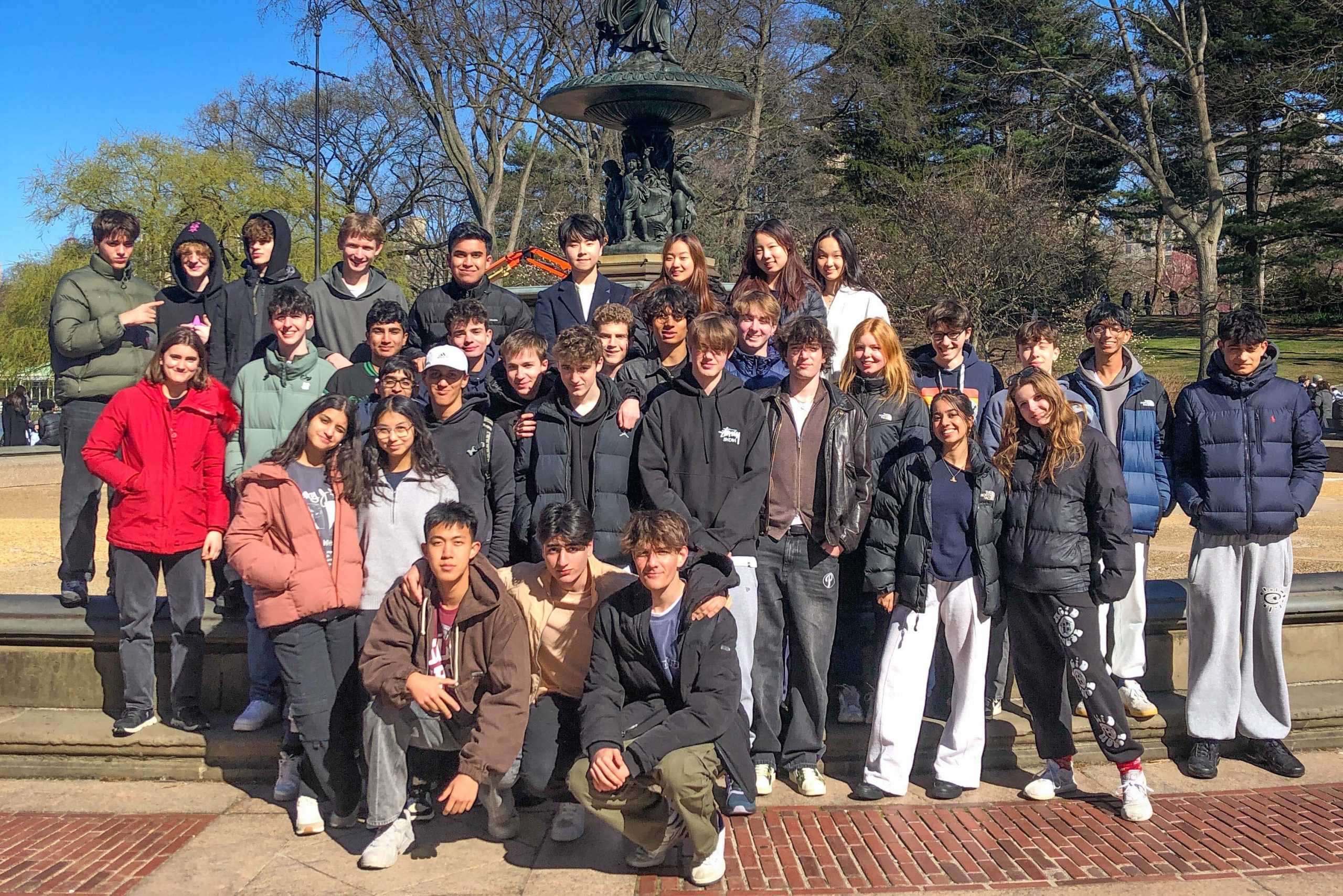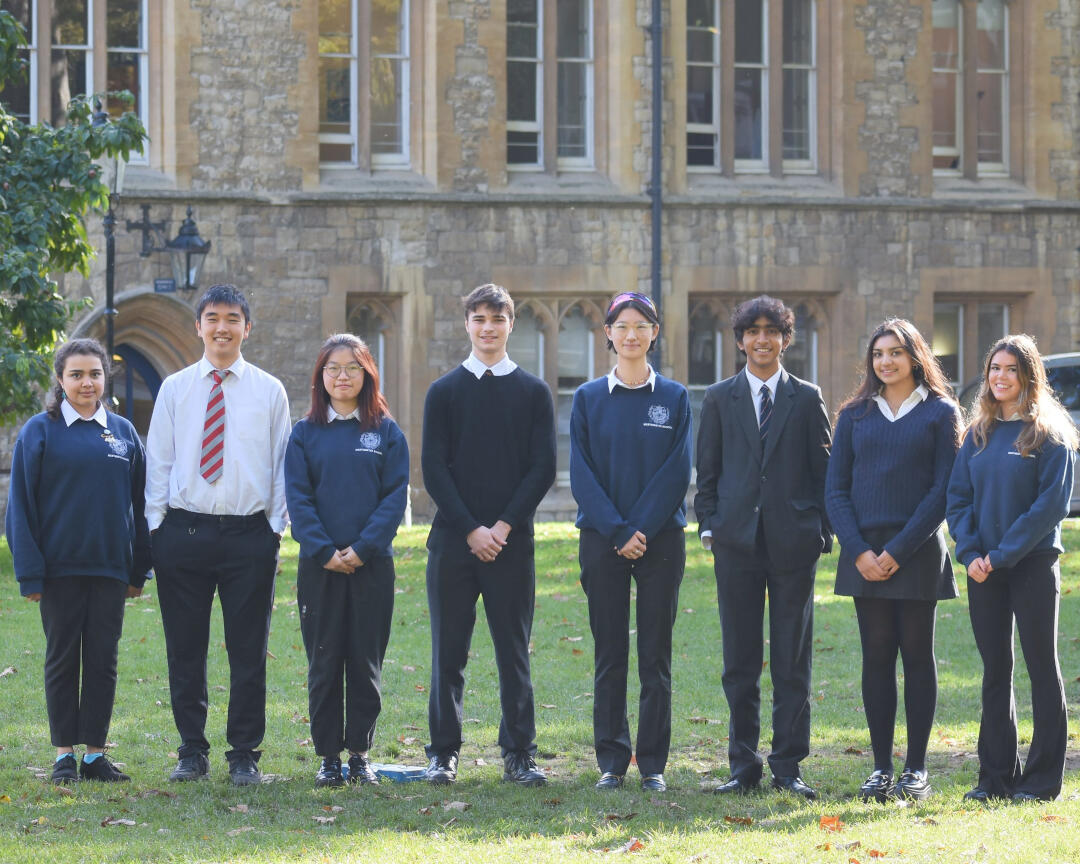2024's annual Lower School Economics Essay Competition drew the usual high-calibre entries, published here
Despite being on the curriculum only for A Level pupils, economics continues to be a popular draw for Lower School pupils in Fifth Form, Lower Shell and Upper Shell.
The annual Lower School Economics Essay Competition drew the usual number of high-quality entries, covering a range of subjects, from the economics of India’s recent staging of the Cricket World Cup, to ‘frightening’ quantitative tightening.
But it was a study of the so-called ‘Ikea effect’ and a detailed look at the drivers to economic change that took the top prizes.
In his essay, The Boy, His Mother and The Garden Project, Jijjith (Upper Shell, WW), looked at how behavioural economics is fundamental to understanding how and why certain companies and business models succeed, noting the USP of the Swedish furniture giant, which relies on its customers to assemble their products, and so helping foster a mentality of greater worth for the owner. This ‘Ikea effect’ helped propel Ikea to become a multi-billion dollar firm, and is a concept now employed by many businesses, from Build-A-Bear to HelloFresh.
Jijjith concludes by looking to the future, saying: “As people’s habits change and research enlightens huge conglomerates about where to focus their attention, it is no coincidence that the economy will adapt to serve the buyers’ needs…Using methods such as the IKEA effect companies can start to unlock the secrets to build a loyal customer base and grow exponentially.”
Economic change was the focus of Lucian’s (Lower Shell, LL) winning essay – change that can occur for many reasons, “including a rise in technological innovation, a shift in the population’s demographics, and the increasing prominence of online technology.” Looking at the role of the internet, he pointed to the ease of how money can now be transferred globally, and “the rise of rampant consumerism, where consumers have the power to buy something that will arrive in days”, aided by data collection, allowing companies to personalise experiences for different customers and make them more likely to spend.

Related News Stories



